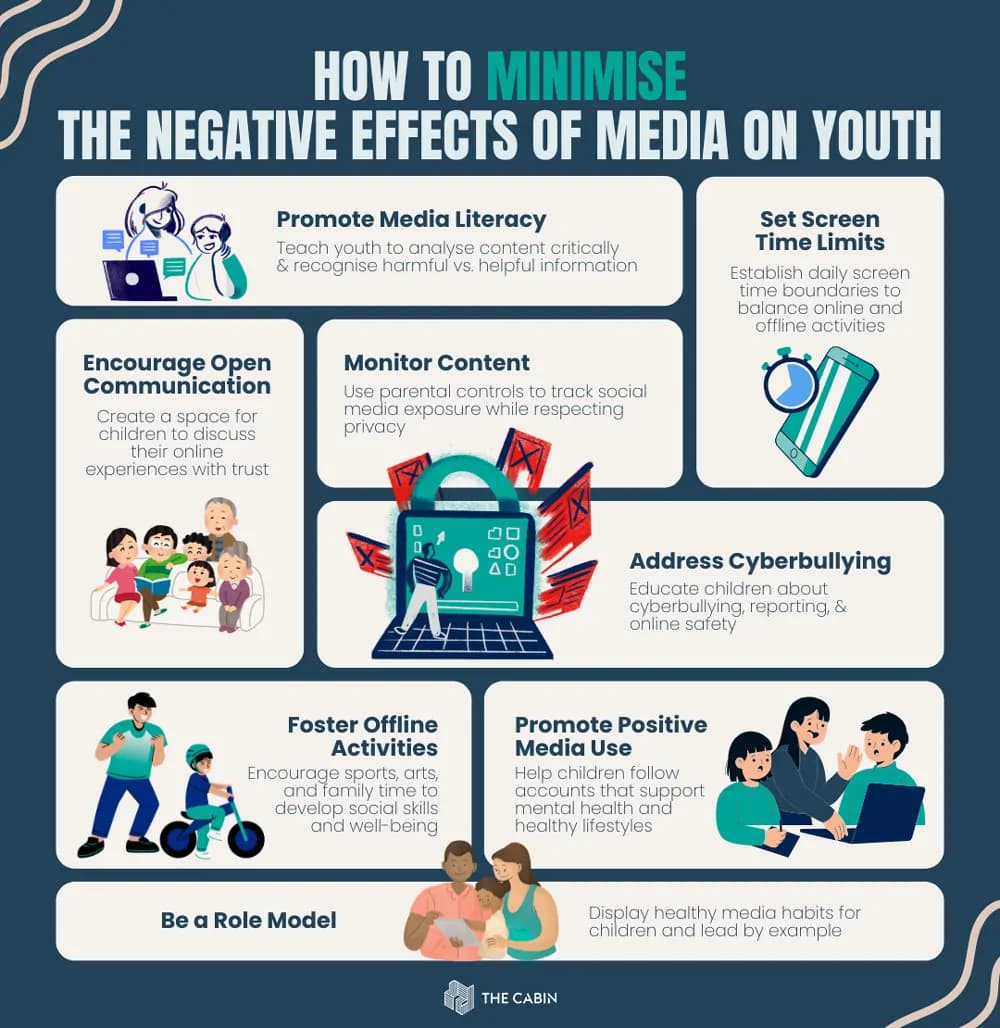76% of Social Media Posts Positively Depict Substance Use, Fueling Youth Risk-Taking, Warns Drug Policy Group

The Foundation for Drug Policy Solutions (FDPS) recently issued a stark warning regarding the pervasive influence of social media on young people, asserting that online platforms are inadvertently fostering behaviors that could lead to drug addiction. The organization highlighted concerns that children are learning to associate "chemical highs" with social validation and that "risk-taking gets rewarded online." This environment, they contend, introduces them to the idea that "household substances can alter their mental state," effectively serving as "training wheels for drug addiction."
The FDPS tweet underscored a growing concern among public health advocates about the digital landscape's impact on youth. Research supports these concerns, with a systematic review of substance-related content across various social media platforms revealing that an overwhelming 76.3% of such content portrays substance use in a positive light. This pervasive positive depiction, often generated by users, influencers, and commercial accounts, normalizes and glamorizes drug and alcohol consumption for impressionable audiences.
This constant exposure shapes perceptions, making risky behaviors seem acceptable and even desirable. Studies indicate that adolescents frequently exposed to substance-related content are significantly more likely to engage in drug use, alcohol consumption, or tobacco purchases compared to those with less social media engagement. The positive feedback received by users posting about substance use further reinforces these behaviors, creating a cycle of online validation and real-world experimentation.
Beyond direct promotion, social media's impact on youth mental health also contributes to substance abuse. Platforms can exacerbate issues like depression, anxiety, and low self-esteem, leading some young people to turn to substances as a coping mechanism. The FDPS, a "think and do" tank dedicated to evidence-based drug policy, prevention, and recovery, advocates for policies that protect youth and promote healthier environments.
The organization's mission focuses on educating the public and decision-makers on strategies to reduce substance use initiation and ensure access to quality treatment. Their recent statement emphasizes the urgent need for increased awareness and potentially stricter regulations to mitigate the harmful effects of unchecked substance-related content on social media, particularly given its profound influence on the attitudes and behaviors of adolescents and young adults.